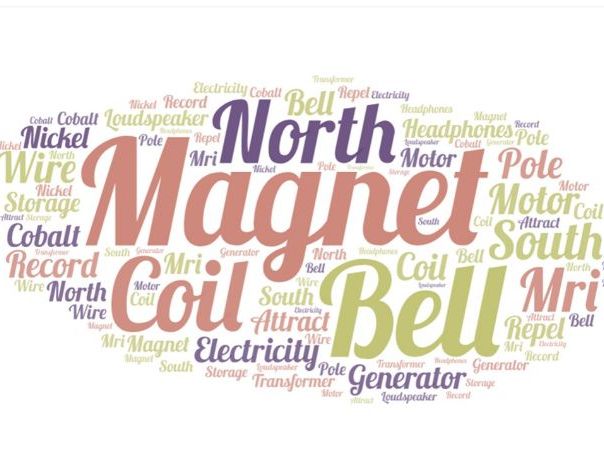Little market of ideas
Innovative ideas from an international consultant on leadership, careers, science and use of the new technologies from around the world. Observed many distant learning lessons during lockdown and shares her learning with educators across the world.






















